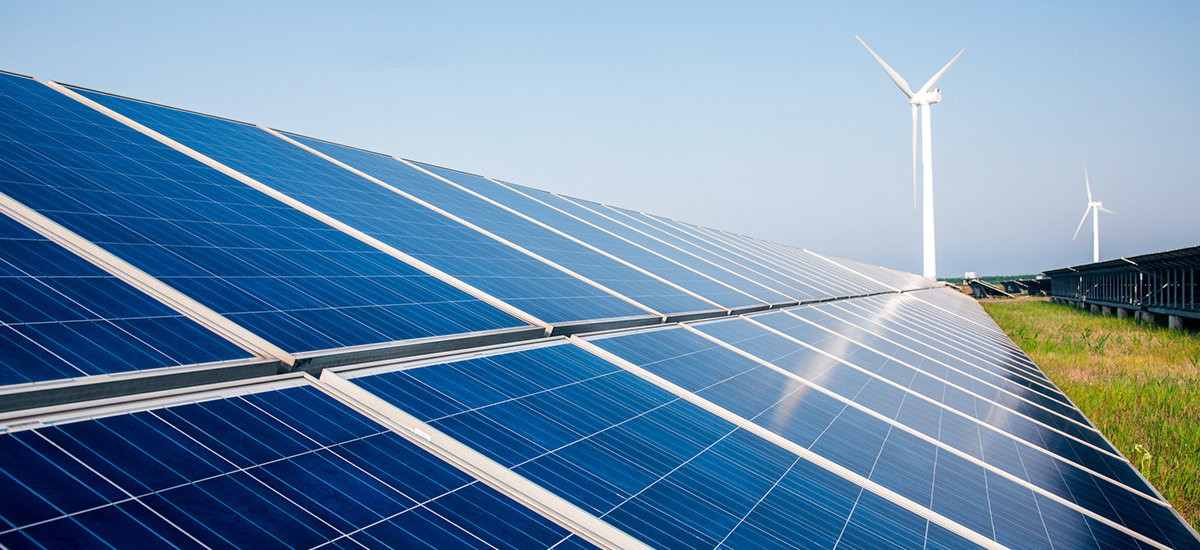
Who Closes First? Ownership and Collusive Early Exits
Climate and energy policies lead to a declining market for the incumbent technologies in electricity markets. Facing the challenge of closures, incumbent firms have incentives to coordinate closures through cross-ownership to achieve a collusive phase-out. For the Nordic nuclear industry, a quantification shows a highly distorted phase-out, both for the consumer surplus and the environment.
SEE FULL ARTICLE
Measuring Savings from Fault Detection and Diagnostics
Data analytics will play a major role in advancing global energy efficiency and high performance building goals nationally and globally. As the fault detection and diagnostics industry emerges and unlocks numerous energy efficiency savings opportunities in buildings, it is crucial that we also advance our methodologies for evaluating these systems and quantifying the energy impact.
SEE FULL ARTICLE
We don’t know what climate change will cost — that doesn’t mean we can ignore it
Professor Robert S. Pindyck of MIT and Professor James H. Stock of Harvard University discuss the importance of the social cost of carbon in a new piece on TheHill.
SEE FULL ARTICLE
Electricity Market Design with Renewables
A new paper compares EU and US electricity market designs, arguing for a focus on correct price formation in the short-term to incentivize investments and reliability. Increased demand-side participation, improved pricing during scarcity, and a transition from technology-specific renewables subsidies towards adequate pricing of carbon emissions, are key to achieving a market-compatible integration of renewable energy.
SEE FULL ARTICLE
Restructuring Revisited: Competition and Coordination in Electricity Distribution Systems
In light of the decentralization of the power sector, a new CEEPR Working Paper carefully considers how industry structure regulations impacts competition, market development, and the efficiency of investments in and operations of network infrastructure and connected resources.
SEE FULL ARTICLE
Power Sector Reform and Corruption: Evidence from Sub-Saharan Africa
In this paper, the authors conduct an econometric analysis of the performance of reforms in terms of efficiency, welfare, and economic development in 47 countries in Sub-Saharan Africa between 2002 and 2013.
SEE FULL ARTICLE
Subscribe To Our Newsletter
Subscribe now and check outour Past newsletters


